COVID-19 caused significant disruption across all real estate sectors in 2020, with owners and occupiers having to make necessary adjustments to business operations in response to the statutory restrictions on capacity and mobility. It remains unknown whether the pandemic will result in structural shifts for different use classes. However, with the COVID-19 vaccine available, the planned Expo starting in October, and the 50th National Day in December, there is an opportunity to showcase Dubai during 2021, in a post-COVID-19 world to visitors and residents.
SEGMENTS OF THE REAL ESTATE MARKET IN THE UNITED ARAB EMIRATES WITH The CURRENT MARKET UPDATE ON REAL ESTATE IN DUBAI
Residential Market
Despite the UAE's strictest lockdown measures early in the pandemic, Dubai's residential demand remained consistent in 2020. Preliminary data shows roughly 33,000 residential units sold in 2020, down 16.4% from 2019. The reduced demand led to a 32.1 percent decline in 2020 off-plan sales. On the other hand, demand for secondary market properties has outpaced transaction volumes for off-plan units while cash transactions continue to dominate, making up 74% of the total transactions. Meanwhile, developers are offering discounts, fee waivers, and rent-to-own incentives to attract buyers.
In December 2020, average new-build apartment prices fell by 4%, owing to lower demand for off-plan houses. While Dubai's premium residential market decreased 4.2% in the year to December 2020, several premium submarkets are showing signs of recovery. For example, flats and villas on the Palm Jumeirah climbed 5.1% and 9.4%, respectively, in the six months to December 2020. During the same era, a villa in District One cost 3.5 percent more. Downtown Dubai and Emirates Hills are also regenerating. Moreover, unlike the mainstream market, premium transaction volumes increased 7.9% in 2020.
New Residential Projects In Dubai
In 2019, over 23,000 new homes were completed in UAE. The residential sector saw an increase in supply yearly as developers focused on finishing current projects and launching new ones. Most new supplies were in freestanding towers or developments with fewer than 2,000 units. Aldar Properties' Al Ghadeer 2 has 707 apartments, and Reflections has 192 units on Reem Island.
Three new towers with 2,617 apartments each were launched in Dubai: Seven City (3 towers) by Seven Tides Developments, Beach Vista (447 flats) by Emaar Properties, and Dragon Towers (1,142 units) by Nakheel near Dragon Mart in International City.
Among the notable developments, Emaar Properties and Aldar Properties formed a joint venture to create AED 30 billion worth of projects. The JV's first two projects will likely add 9,000 apartments.
Residential Market Expectations
The UAE's residential sector faces significant challenges in the future, even though different efforts have been put in place to increase demand from local and international investors for residential property. These issues are the result of both an oversupply of products and a correspondingly reduced demand.
In 2021, the new supply is expected to reach 14,000 units in Abu Dhabi and 83,000 units in Dubai. Sales prices are expected to continue to fall at a similar rate through 2020, even if the anticipated supply materializes at the historical averages pace. While the non-prime districts of Dubai are expected to do better, we expect premium areas to exceed them. With the likelihood of more people finding work in 2021, we predict that rental rates will decrease significantly.
The depreciation rate in Dubai is only expected to reduce somewhat because of the spike in supply and current vacancy, which increased by 1.8 percentage points to 18.3 percent in 2020. The current pace of deterioration in Abu Dhabi's economic situation is expected to continue until 2021.
From a more significant market viewpoint, we expect new supply in Abu Dhabi and Dubai to decline in 2022 and 2023, respectively. There have been fewer new launches in Abu Dhabi and Dubai than since 2004 or 2012. The number of new residential projects in Abu Dhabi is expected to rise in the next year. However, we do not expect the market to be significantly affected due to the poor completion rate in prior years. The number of residential units released in Dubai is expected to continue much below historical averages.
Mortgage rates are at or near record lows, and loan-to-value ratios are constant, so prices should bottom out around 2022 if these trends continue. Prices are expected to rise six months early than usual in key locations with little fresh supply.
PERFORMANCE OF COMMERCIAL REAL ESTATE MARKET IN UAE.
Hospitality
The COVID-19 pandemic has presented unprecedented challenges to the worldwide hotel industry. Not only was the industry the first to be impacted, but it has probably been the worst struck to date. Additionally, long-lasting alterations may occur as a result of the pandemic.
To begin, we have observed a substantial reduction in worldwide travel activity. In 2020, the total number of flights worldwide decreased from an average of about 115,000 per day in 2019 to lows of roughly 28,000 during the pandemic's early phases. As global lockdown restrictions lifted and passenger confidence restored, activity has rebounded mainly to an average of over 70,000 flights per day in 2020, down 39.1 percent from a year earlier.
As a result, overall worldwide tourism arrivals have declined, with the World Tourism Organization forecasting that international visitor arrivals would be 74% lower in 2020 than in 2019, totalling around 1.07 billion fewer people.
The UAE has seen similar dynamics develop, with flights being suspended in March 2020 and returning in phases in early July 2020. Consequently, Dubai International Airport's passenger traffic volume plummeted to 17 million in 2020, down from 86.4 million the previous year.
Performance data from July's reopening borders through December 2020 shows considerable improvement on a more significant UAE level. Over this period, the UAE's average daily rate (ADR) increased by 68.4 percent, and occupancy rates increased by 29.7 percentage points, resulting in a 201 percent rise in revenue per available room (RevPAR).
New marketing initiatives and a new focus on the market
The Dubai Department of Tourism and Commerce (DTCM) launched several campaigns during the pandemic to ensure continued engagement with tourists, including digital campaigns such as #TillWeMeetAgain, #WeWillSeeYouSoon, and most recently #ReadyWhenYouAre as Dubai began welcoming back international flights on July 7, 2020.
Dubai had 416,700 overnight visits between July and September 2020, according to the DTCM. India (80.8 per cent), Pakistan (41.4 per cent), Egypt (34.5 per cent), the United Kingdom (32.4 per cent), and Kazakhstan are the top five source markets (14.7 per cent). In addition, the conferencing and events industry has resurfaced, with some circumstances, such as the Arabian Hotel Investment Conference 2020, the Middle East Retail Forum, and The Hotelier Awards, adopting a hybrid strategy that blends physical and virtual sessions. Other major 2020 events, such as Gitex 2020, took place in the Dubai World Trade Centre from December 6 to 10.
These initiatives and events are expected to increase the performance of the hotel sector in the short to medium term. The performance of revenue per available room (RevPAR) in September and October improved somewhat over the summer, mainly owing to the demand for a staycation at coastal and resort establishments.
Despite the challenges faced by the hospitality sector, asset owners of the finest beachfront properties have seen an increase in the average daily room rate.
Office Market
The impact of COVID-19 on business performance is expected to be the primary driver for change in office space requirements.
Commercial Real Estate Market in UAE was probably the most impacted by the pandemic. Offices were left empty as employees were working from home, and many businesses decided to scale down their offices, some entirely. However, on the flip side, we also saw some businesses look for larger offices to accommodate social distancing measures and implement a better working environment.
Unsurprisingly, given the present economic downturn and market uncertainties, new market entries to Dubai's corporate occupier market have been restricted. Project-led demand is mostly driving new market entries or current occupiers seeking more office space. Existing market players aiming to combine activities or enhance the quality of their space continue to drive the bulk of demand in the sector.
As a result, landlords are giving attractive rent-free periods to keep renters. Many occupiers are taking advantage of these alternatives, especially as many are hesitant to invest in capital-intensive office fit-outs at this time, and landlord contributions are still reserved for more extensive space requirements. In the fourth quarter of 2020, average Prime rentals in Dubai were AED 209 (sq.ft./p.a.), down 3.0% from the previous quarter.
In the 12-months leading up to Q4 2020, Grade A office rental prices declined by 4.0 percent on average, recording at AED 129 (sq.ft./p.a.). Over the same period, citywide rentals fell 6.9% to an average of AED 99 (sq.ft./p.a.). Vacancy in Dubai's office sector is expected to rise 5.5 percentage points to 24.3 percent in 2020. While vacancy rates in Prime and Grade A properties have increased recently; the most notable increase in vacancy rates has been Citywide stock.
Dubai Retail Market
The reduction in international visitors due to COVID-19 travel restrictions impacted footfall and spending at bricks and mortar stores.
The EIU estimates that the total UAE retail sales volume will contract by approximately 10.3% in 2020, with sales expected to increase by 2.6% a year on average over the remainder of the forecast period. Emaar Malls, which owns and operates 6.6 million sq ft of retail gross leasable area (GLA), registered a 27% decline in revenue during the first nine months of 2020 compared to the same period in 2019. Meanwhile, average occupancy for the Emaar portfolio, including Dubai Mall, Dubai Marina Mall, Gold & Diamond Park, Souk Al Bahar, and other community retail centres, stood at 91% as of September 2020.
The impact of COVID-19 on retailer revenues has led to many tenants seeking turnover-linked rents in their contracts. Meanwhile, certain mall owners have provided temporary incentives in the form of rent relief launched soon after COVID-19 lockdown measures in March 2020 and certain cases extended until the end of 2020.
Industrial Market
The Industrial Market in the UAE can primarily be identified as one of the few industries that benefited from the outbreak.
Throughout 2020, demand has been robust in both Free Zone and non-Free Zone regions. For the former, many predominantly exporters organizations have seen rapid development in their operations, mainly due to supply constraints in international supply chains. They are trying to expand their space occupied. For the latter, demand has been driven primarily by the need for last-mile fulfilment centres, a development fueled by the pandemic's growing use of e-commerce platforms.
Over the course of the year, international demand has been less robust. However, when transport routes resume service, we see early development signals in this market section.
To yet, the majority of inquiries have been from corporations wishing to near-shore operations in global centres. More specifically, due to government-led efforts, we have noticed a significant increase in inquiries from enterprises wanting to establish vertical farming operations in Abu Dhabi. As a consequence of the epidemic, food security has become a critical sector in which the government pursues self-sufficiency. In the near term, to ensure safety, demand for industrial units appropriate for food storage has increased significantly from government-related institutions.
The availability of institutional-quality assets remains restricted in the UAE, posing a substantial impediment to the market's growth.
This is true for both Free Zone and non-Free Zone locales, as many occupiers want to consolidate operations and improve the quality of space they occupy. This tendency is especially pronounced in non-Free Zone locales, where vacancy rates have fallen below 5%. More specifically, rising demand in these on-shore sites is mainly driven by shifting consumption habits. An increasing number of requests from multi-channel merchants aim to strengthen their last-mile delivery networks.
Emerging Market Updates On Real Estate In Dubai, Uae
- In the near term, the essential factors for all REAL ESTATE MARKET IN UAE are cash management and financing/lender issues. The market update of the real estate sector's form and rate of recovery will likely be determined in 2021 by macroeconomic and demographic issues and related government measures.
- It is based on demographic and economic variables and targeted offers from developers and banks that residential property transaction volumes will grow by increasing involvement from investors and resident owner/occupier segments.
- Traditional office space vs remote working will be valued differently depending on the sector. Companies might use a hybrid approach to combine leased/owned core space with on-demand flexible offices while adopting a more significant proportion of rules for working from home than before COVID-19.
- Storage and fulfilment centres are in high demand because of the expansion of the e-commerce sector, which is driving up the price of warehouse space.
Conclusion
While Covid-19 has put a gloom over the world, the UAE's response to the outbreak and various government initiatives are aiding the country's development and recovery. Despite the pandemic's effect on the economy and consumer spending, the real estate market in UAE, showed extraordinary resilience in the first quarter of 2021 and has started to rebound, indicating the sector's potential. It is, however, still early in the process. The true impact of the government's policies and Expo 2020 on the real estate market is yet to be seen.
Recent Blog
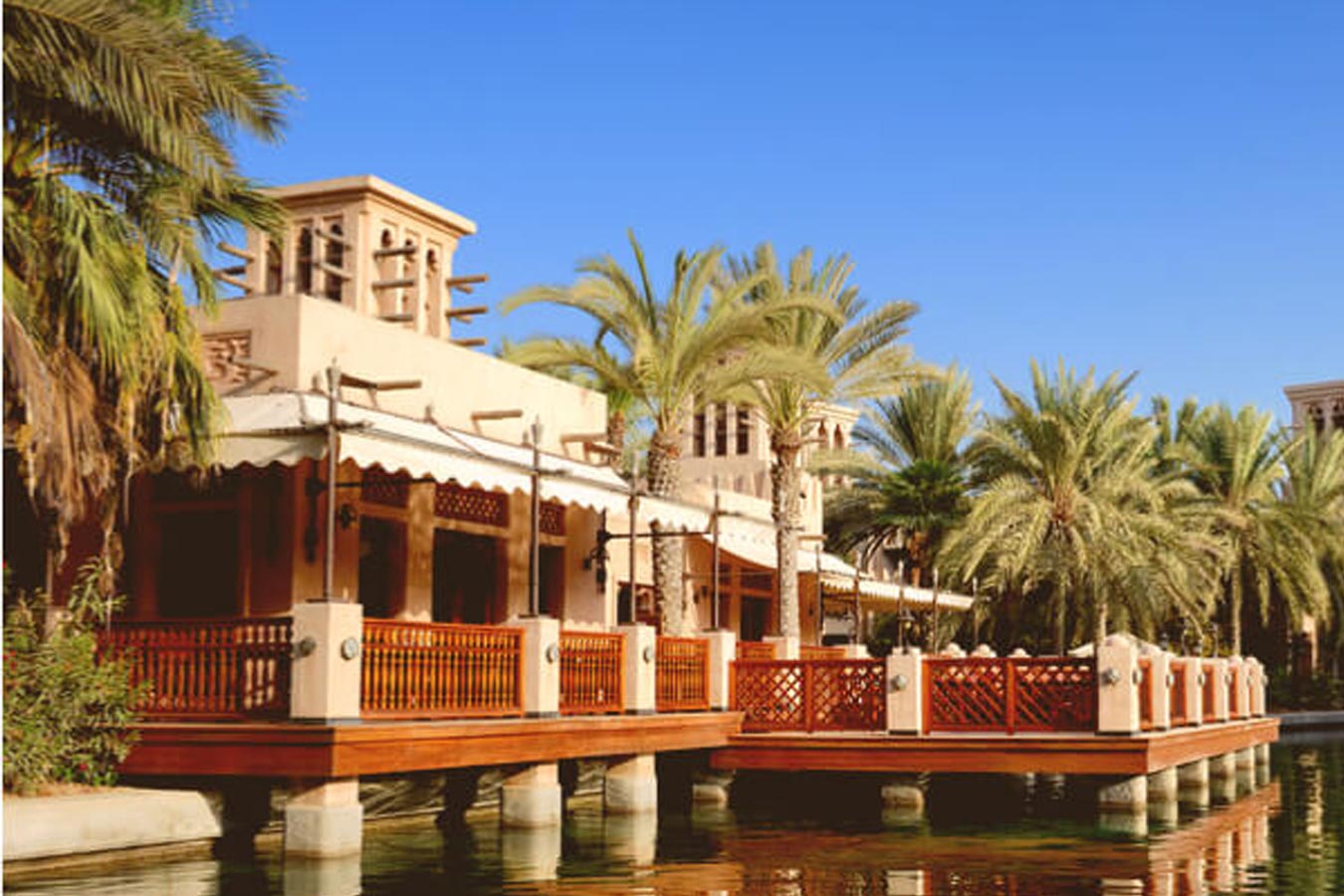
Rules you need to know about renting a property in Dubai
July 13, 2022
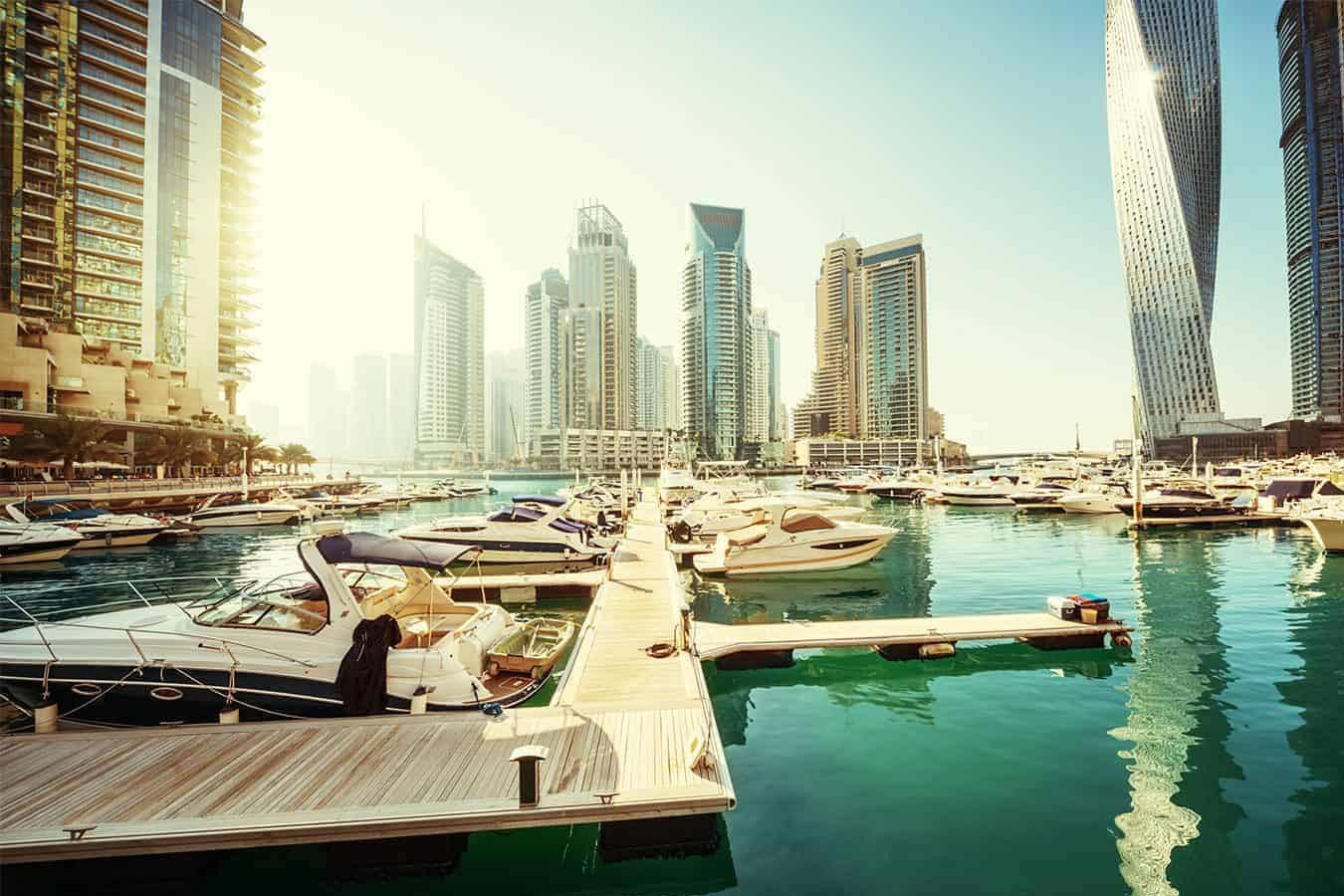
Top 10 Best Places to Live in Dubai
July 13, 2022
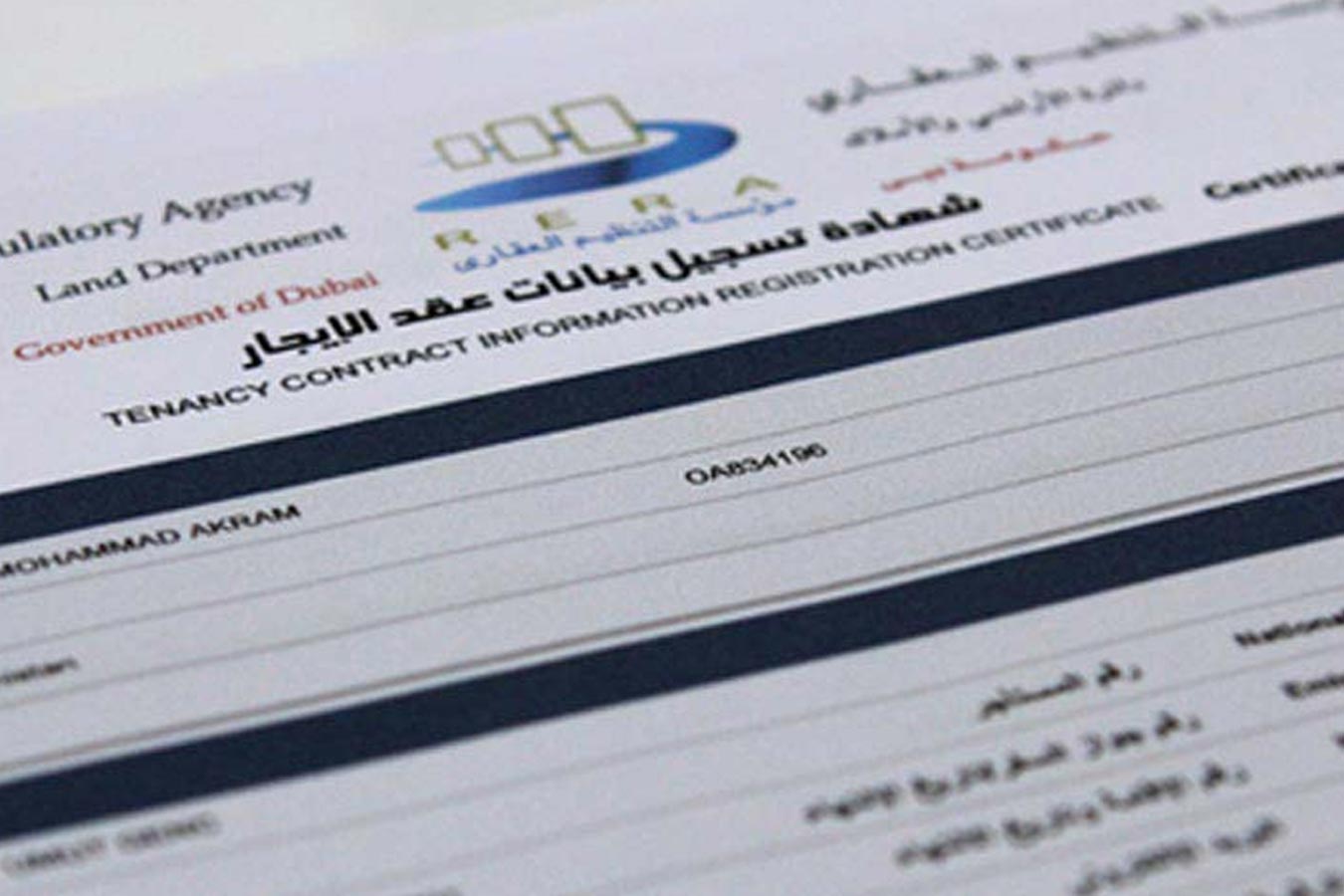
How to register your tenancy contract with Ejari in Dubai
July 13, 2022
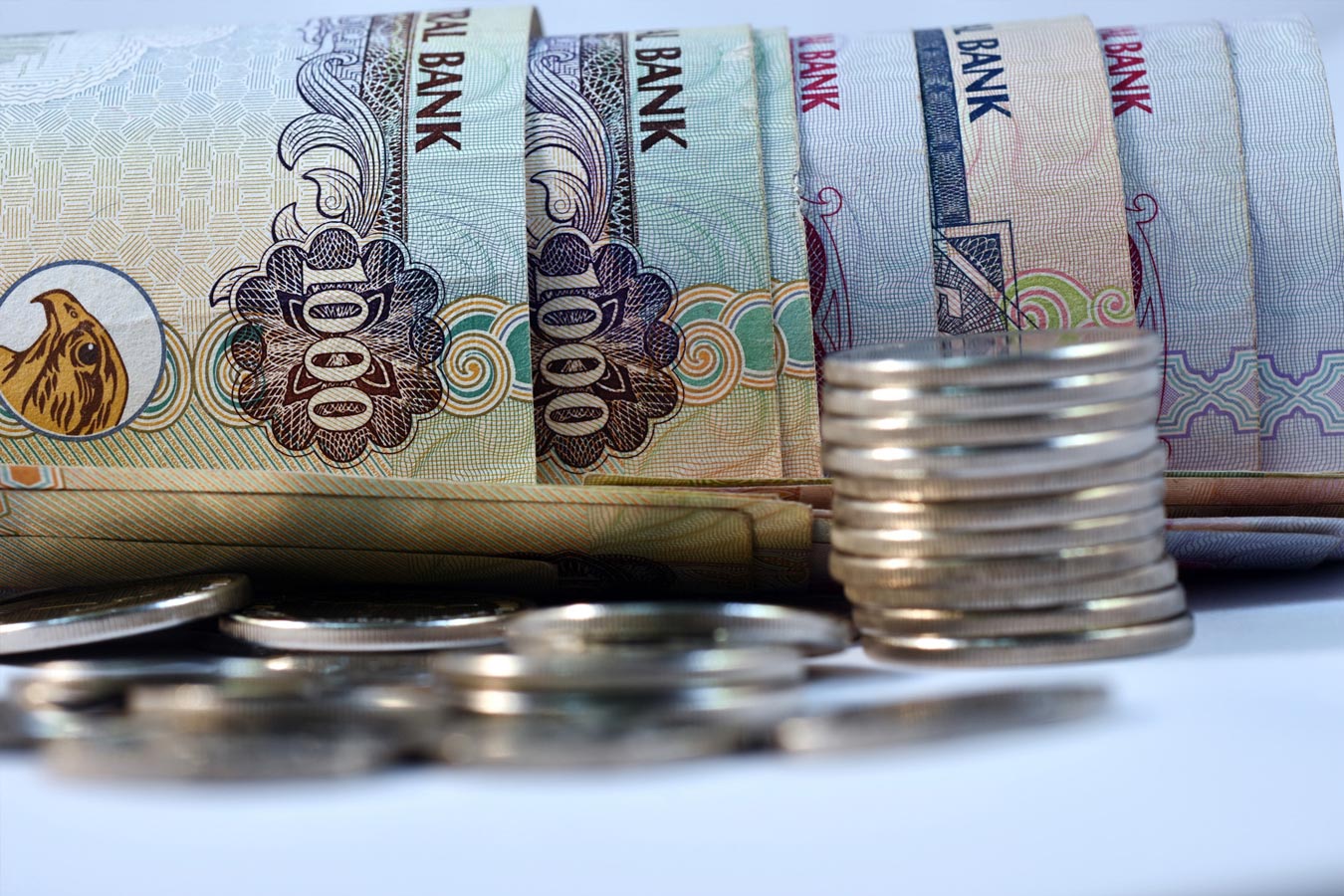
A Guide to Mortgages & Home Loans in the United Arab Emirates
July 13, 2022
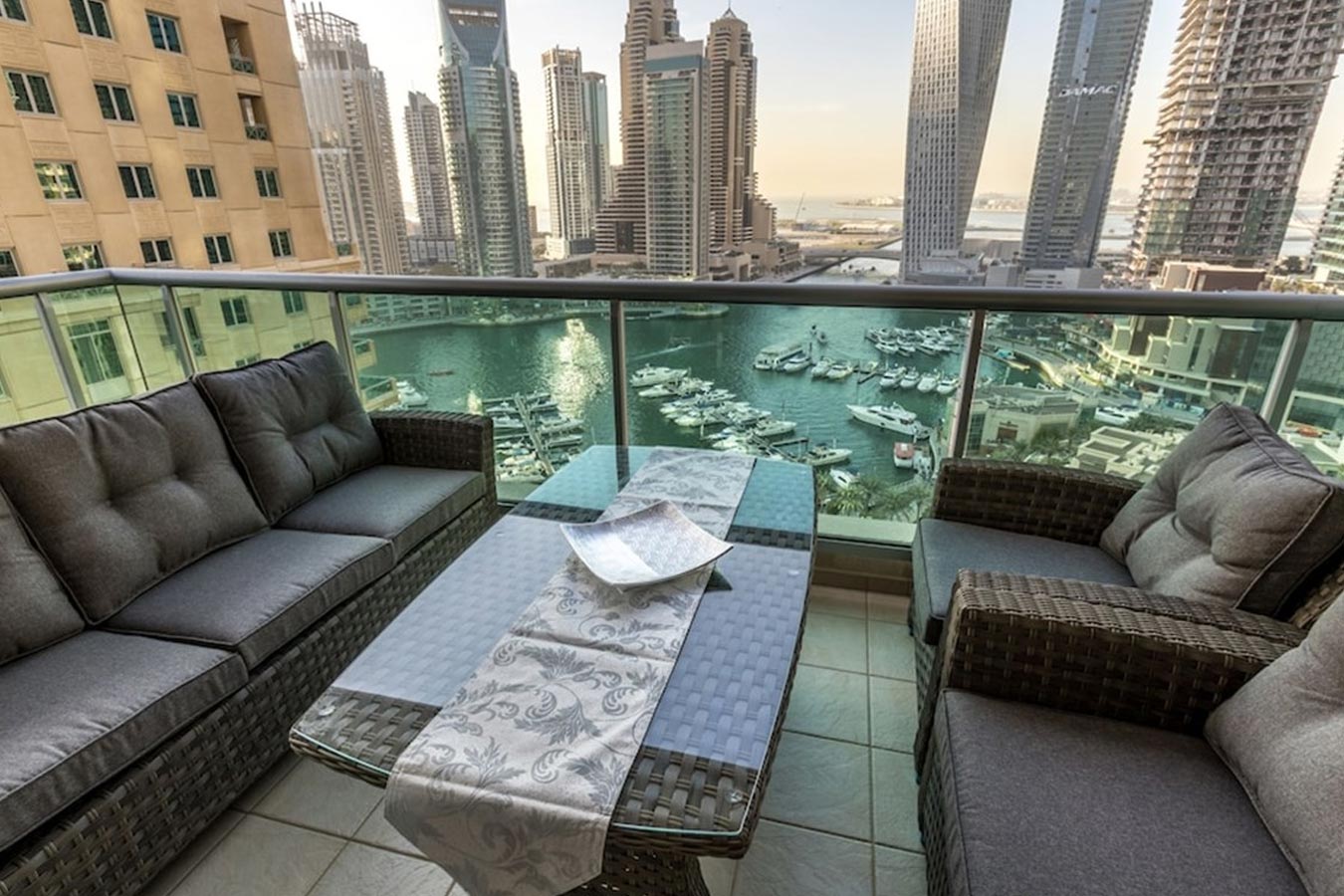
Furnished Apartments in Dubai vs. Unfurnished: Which One to Choose?
July 13, 2022